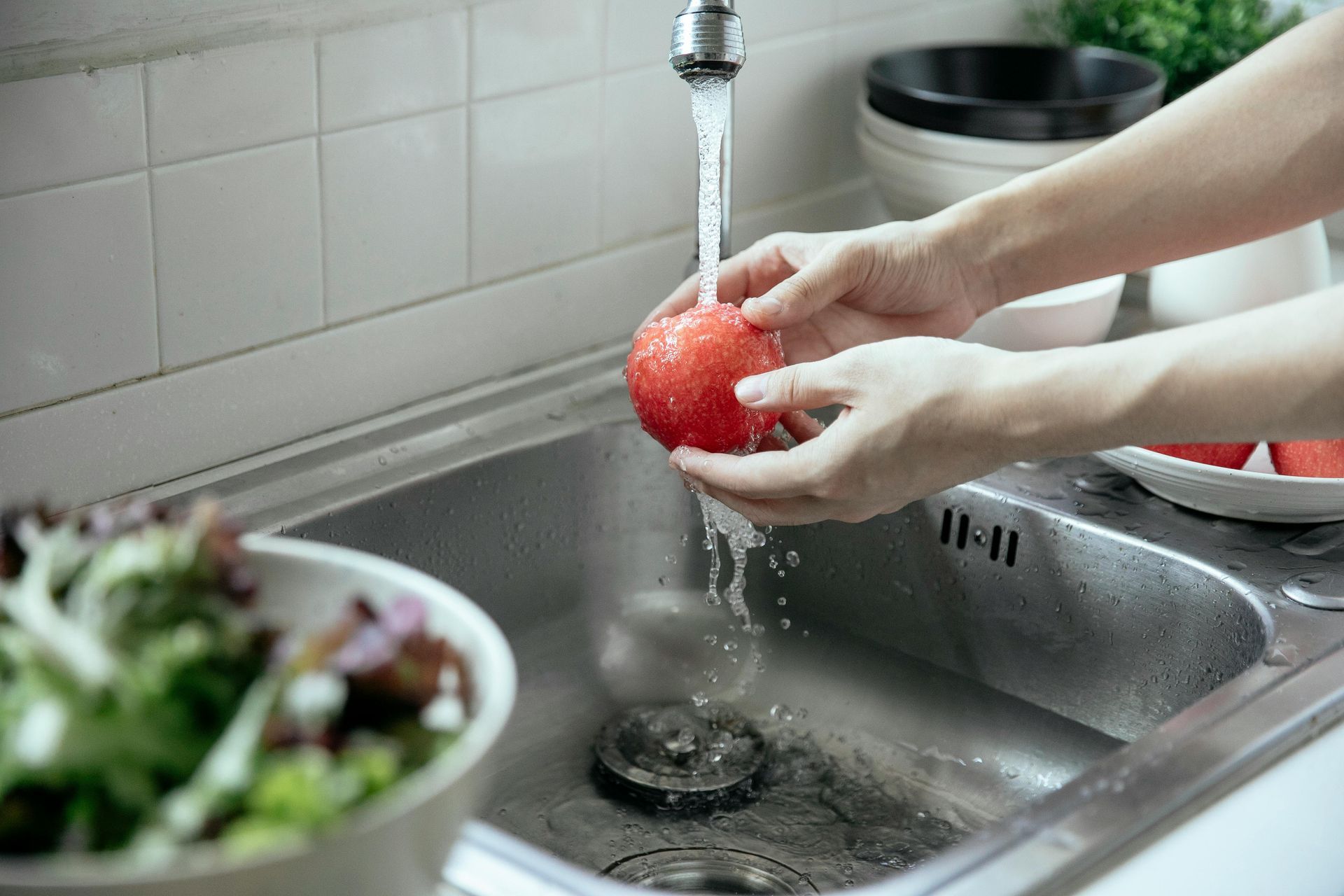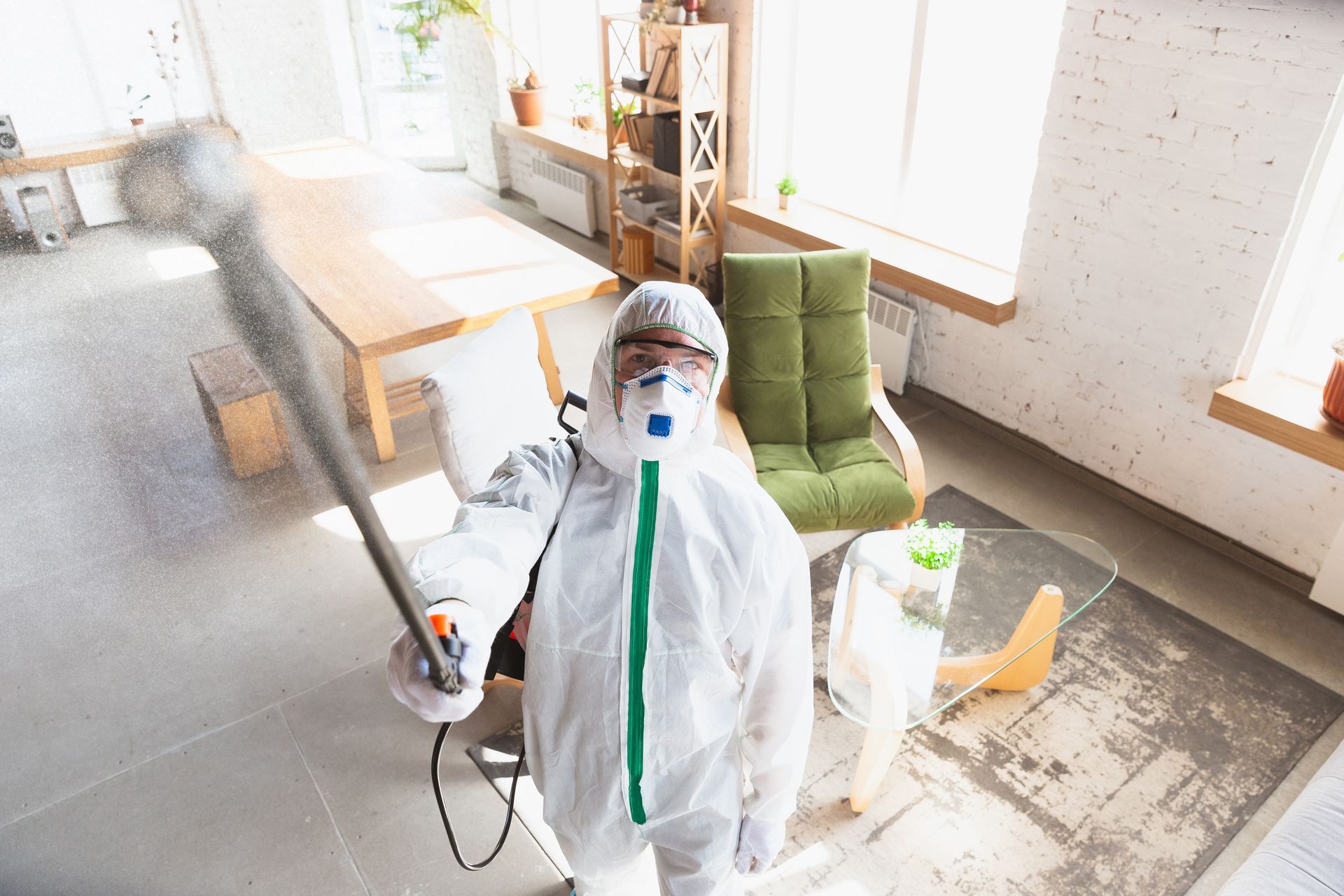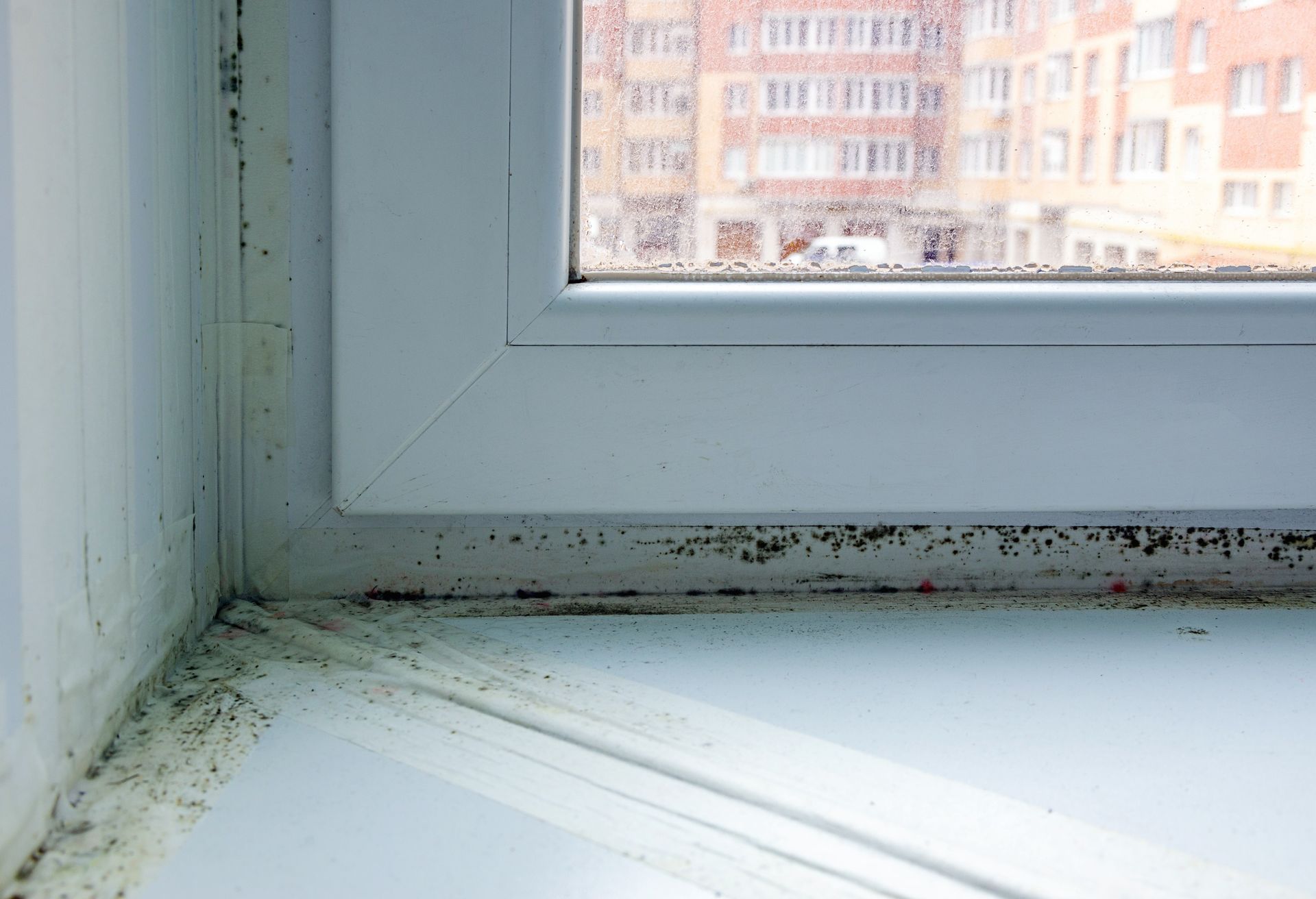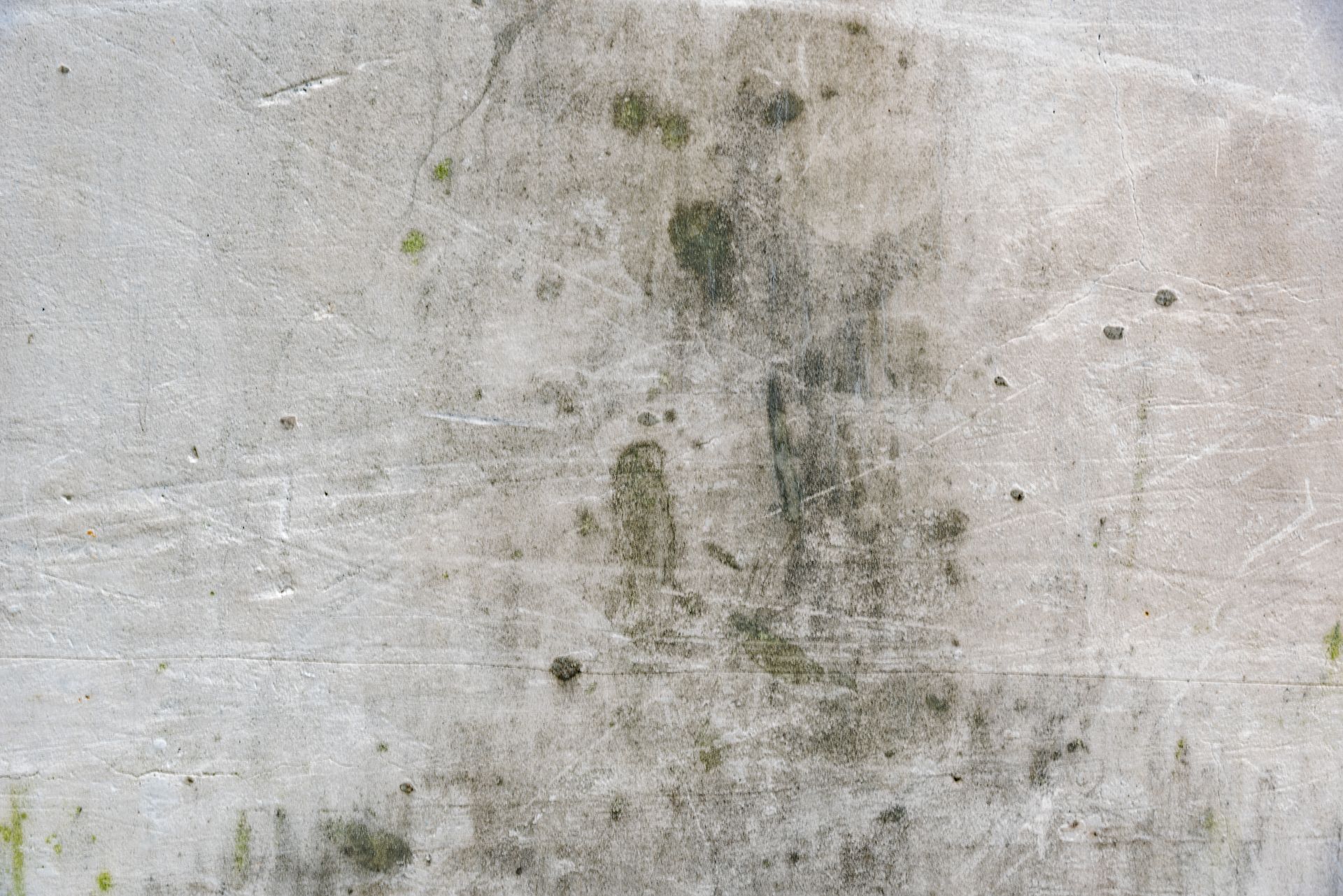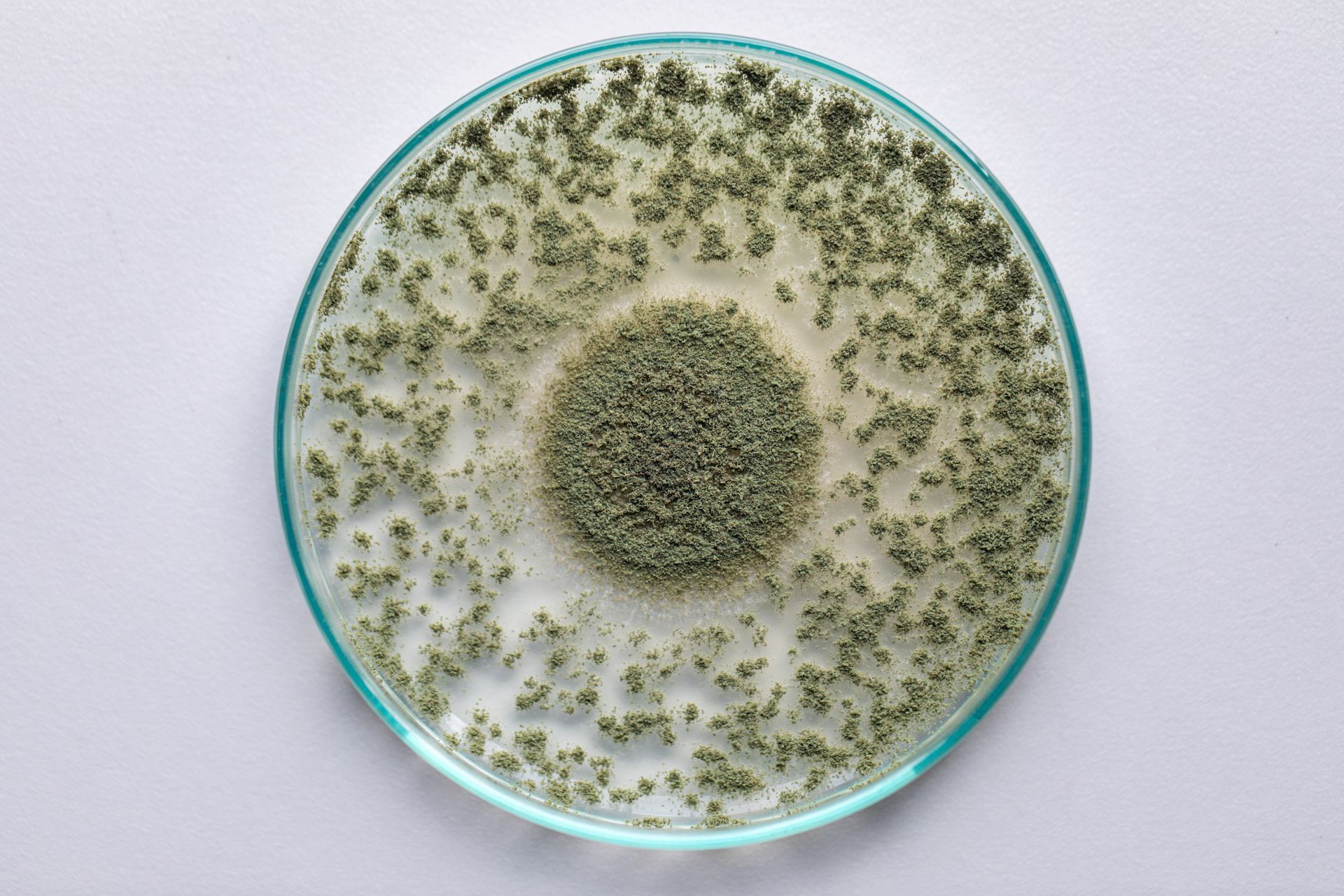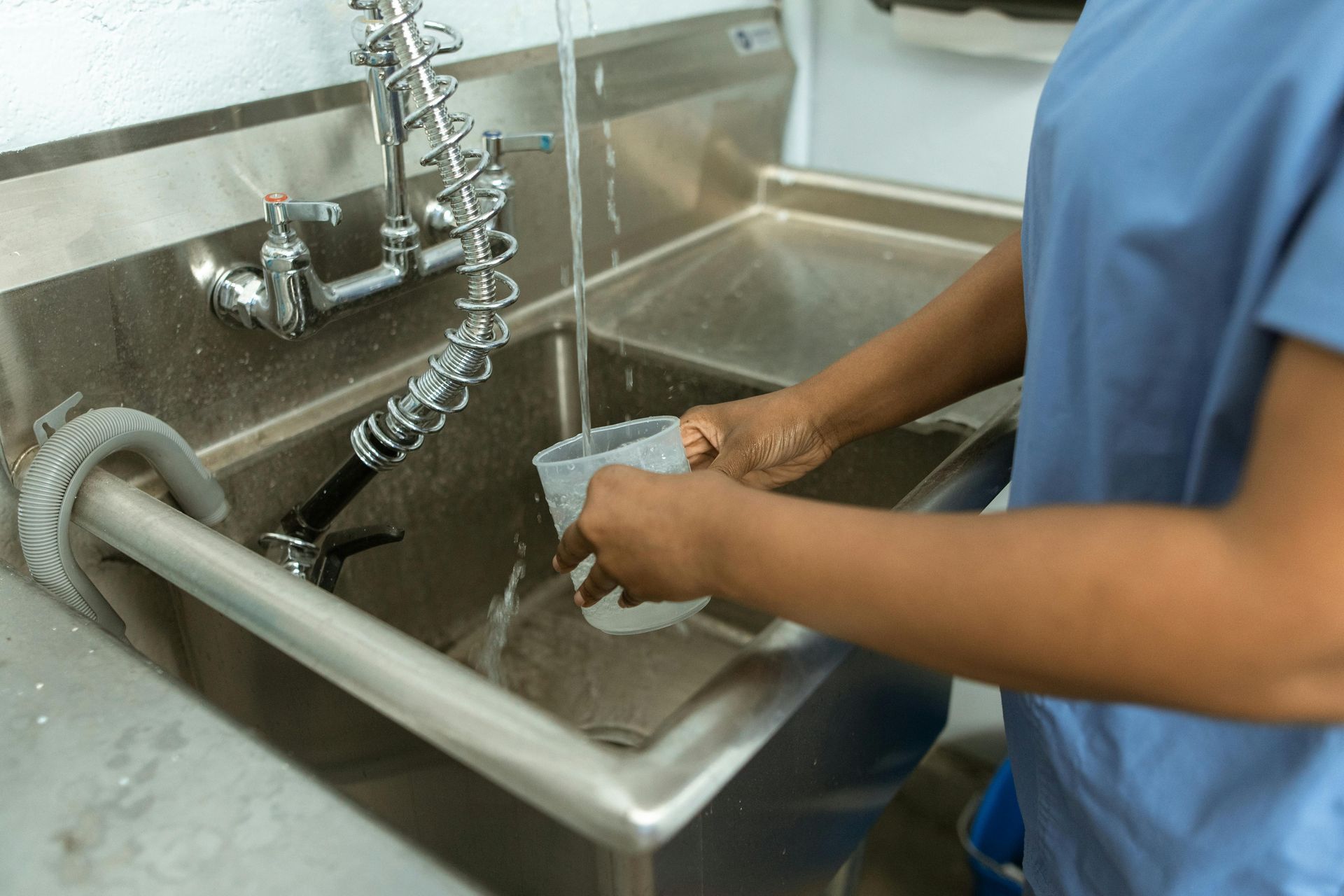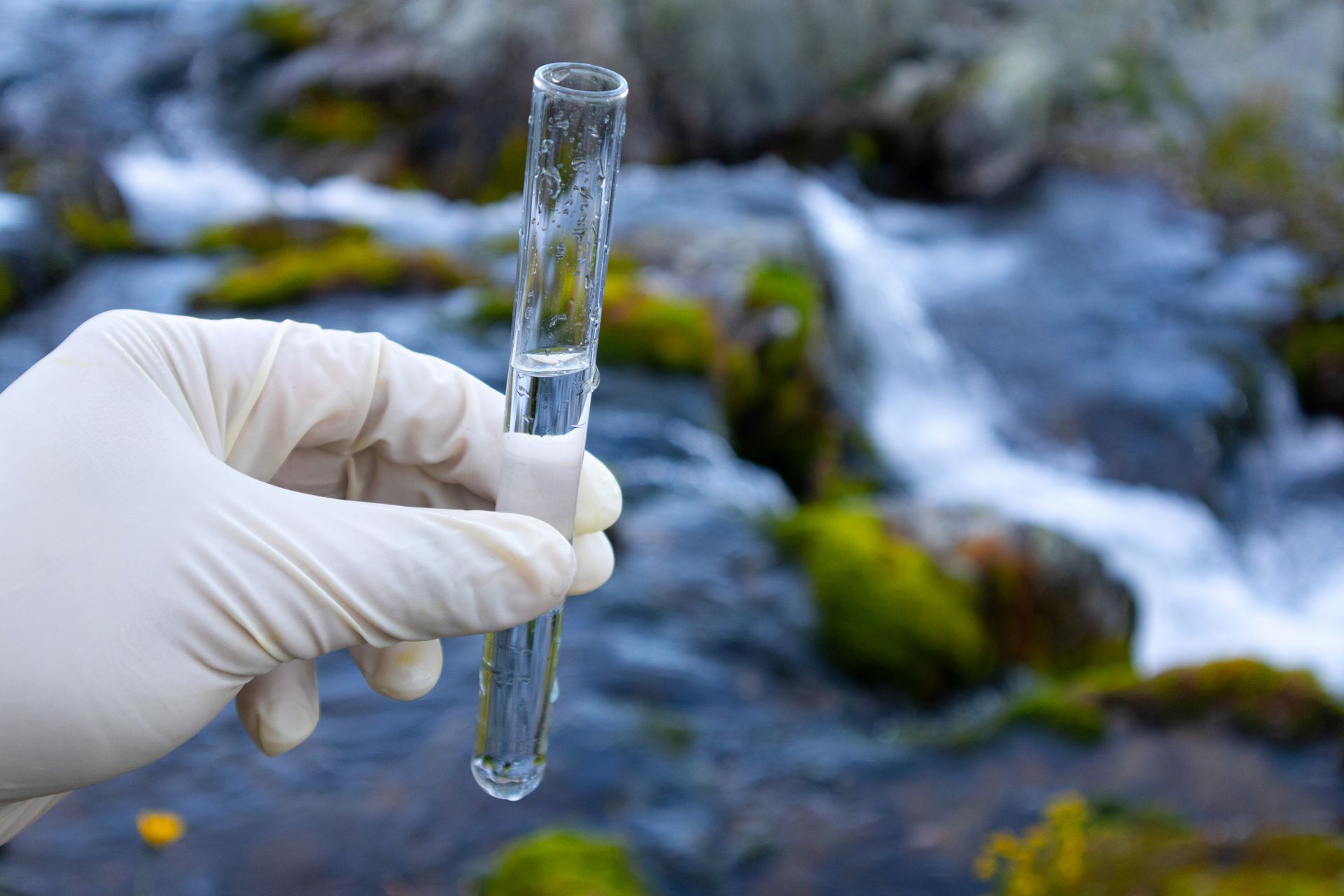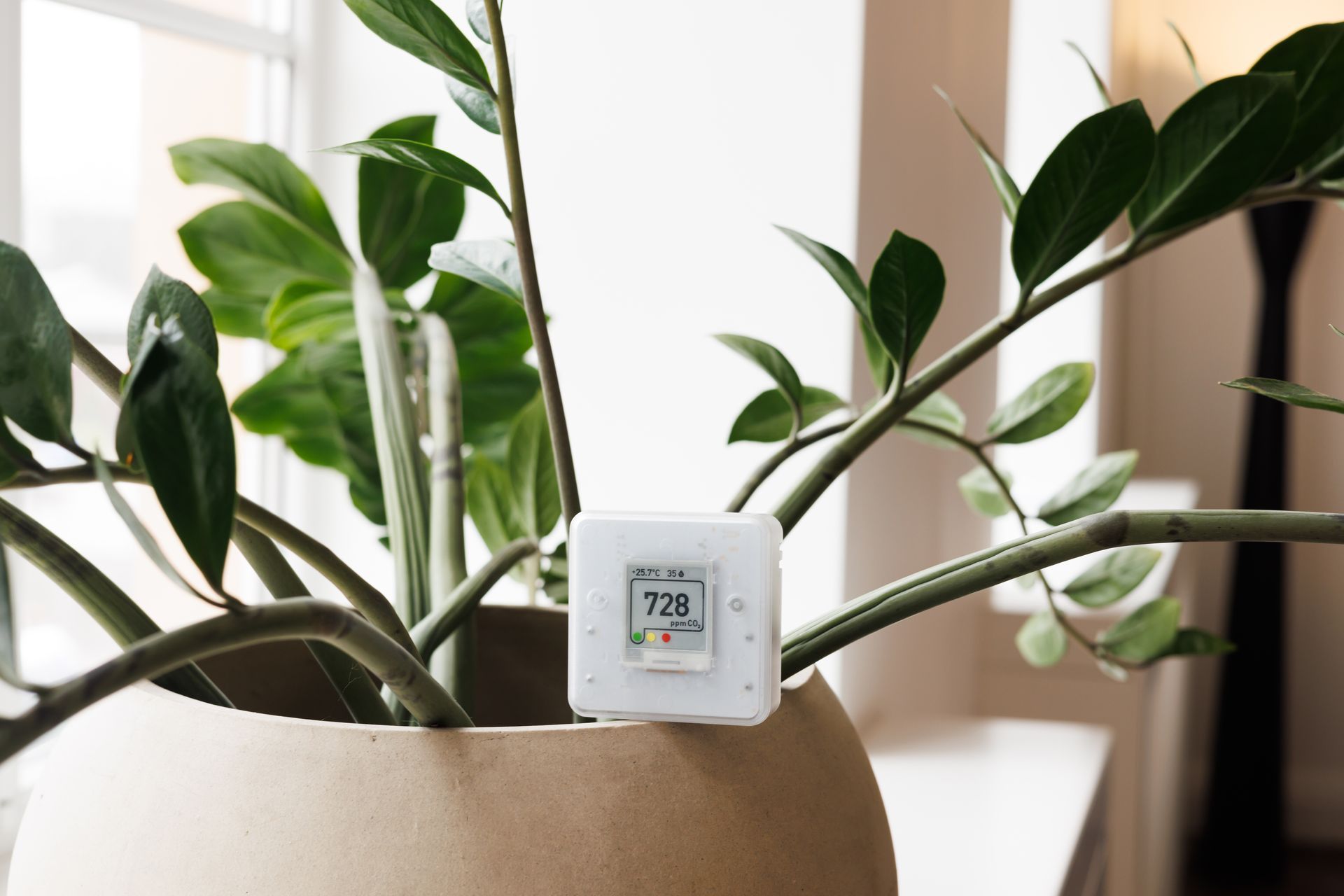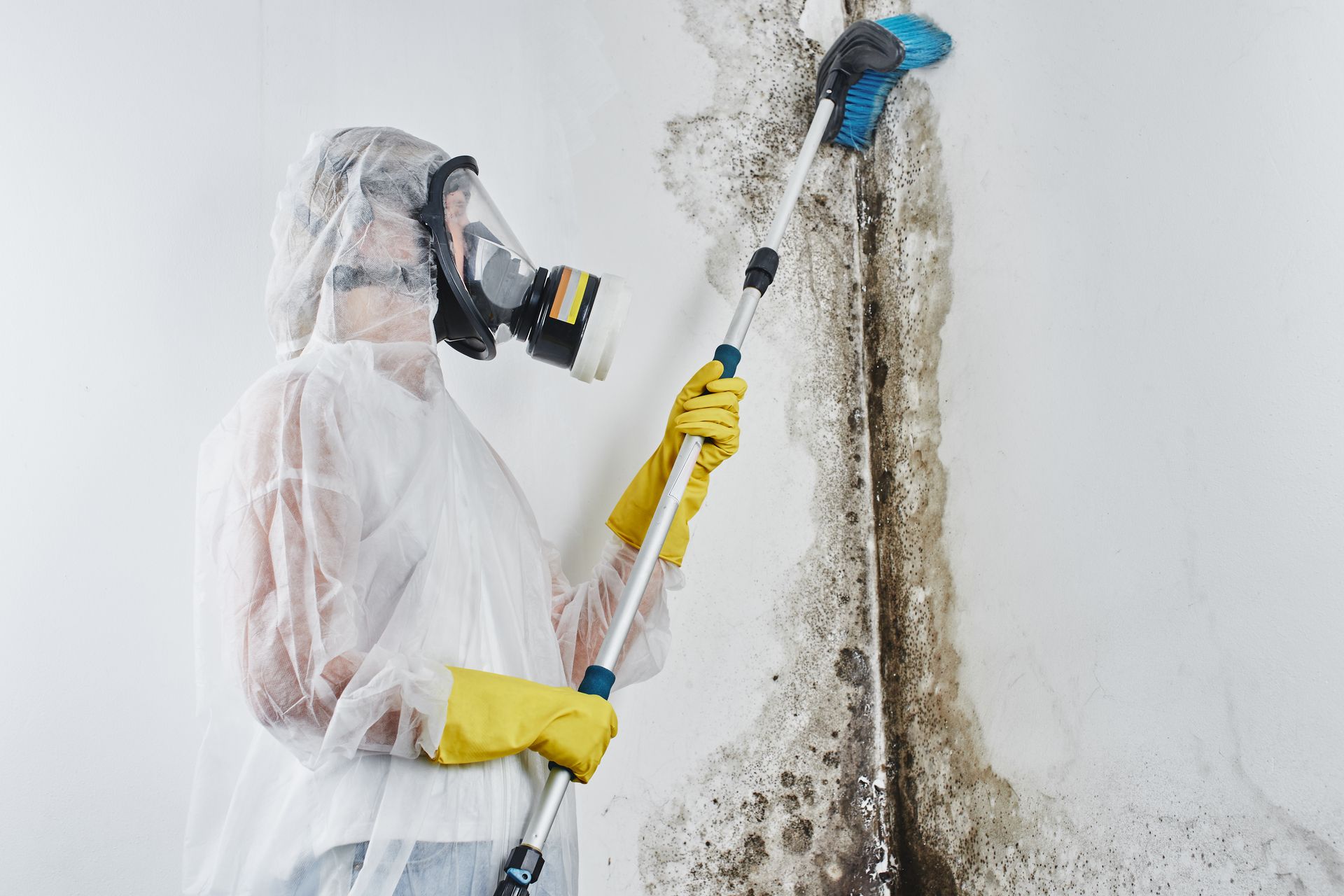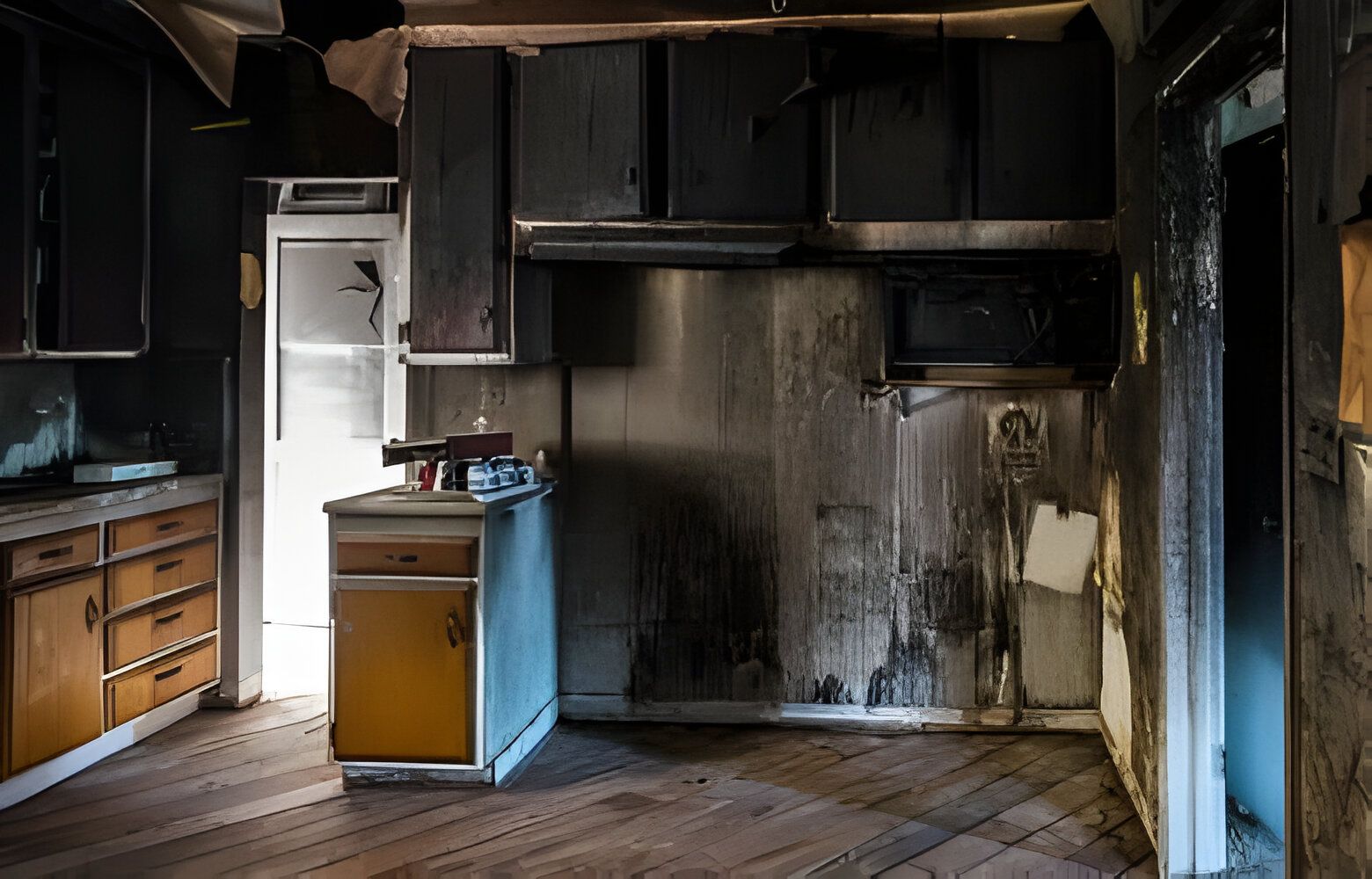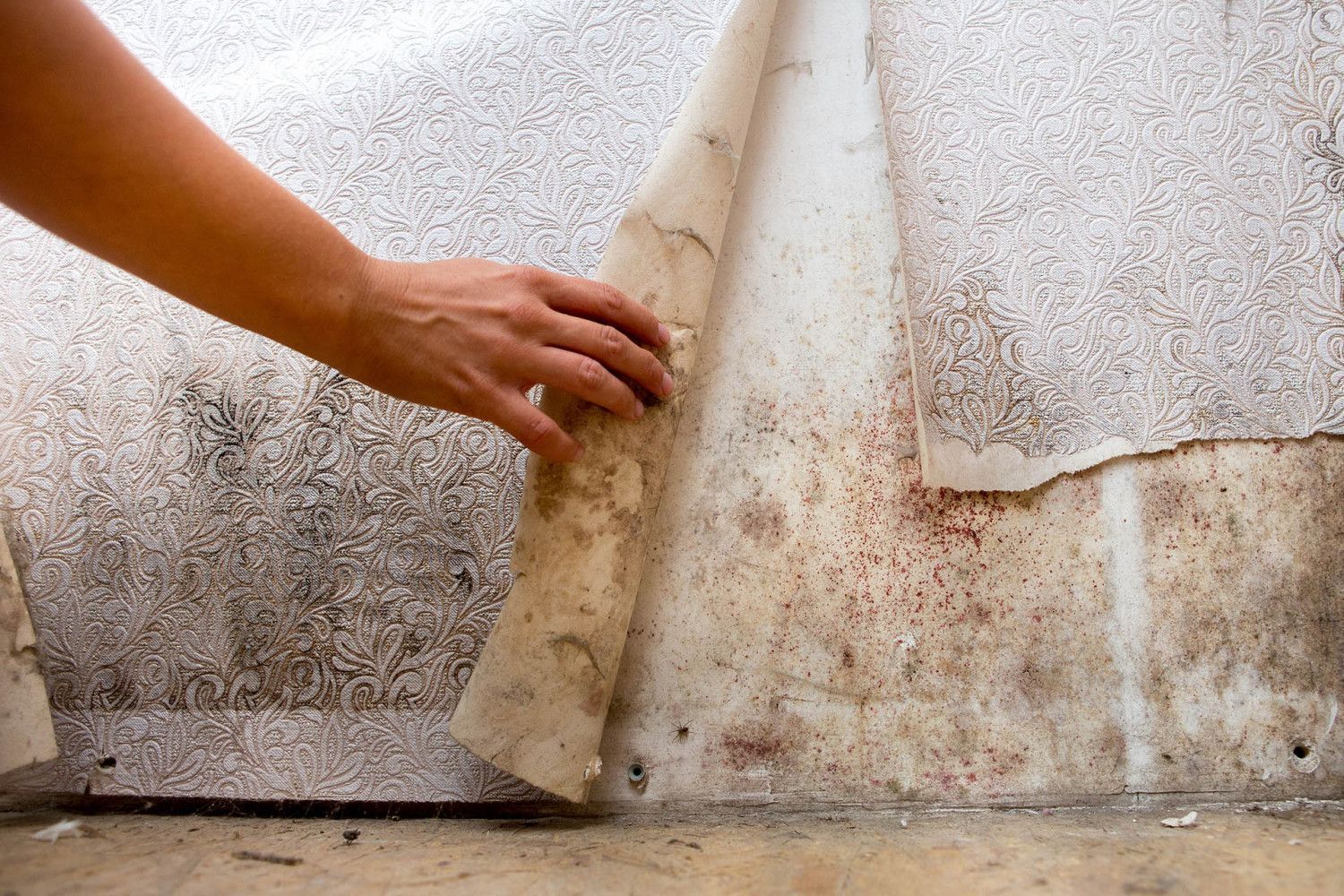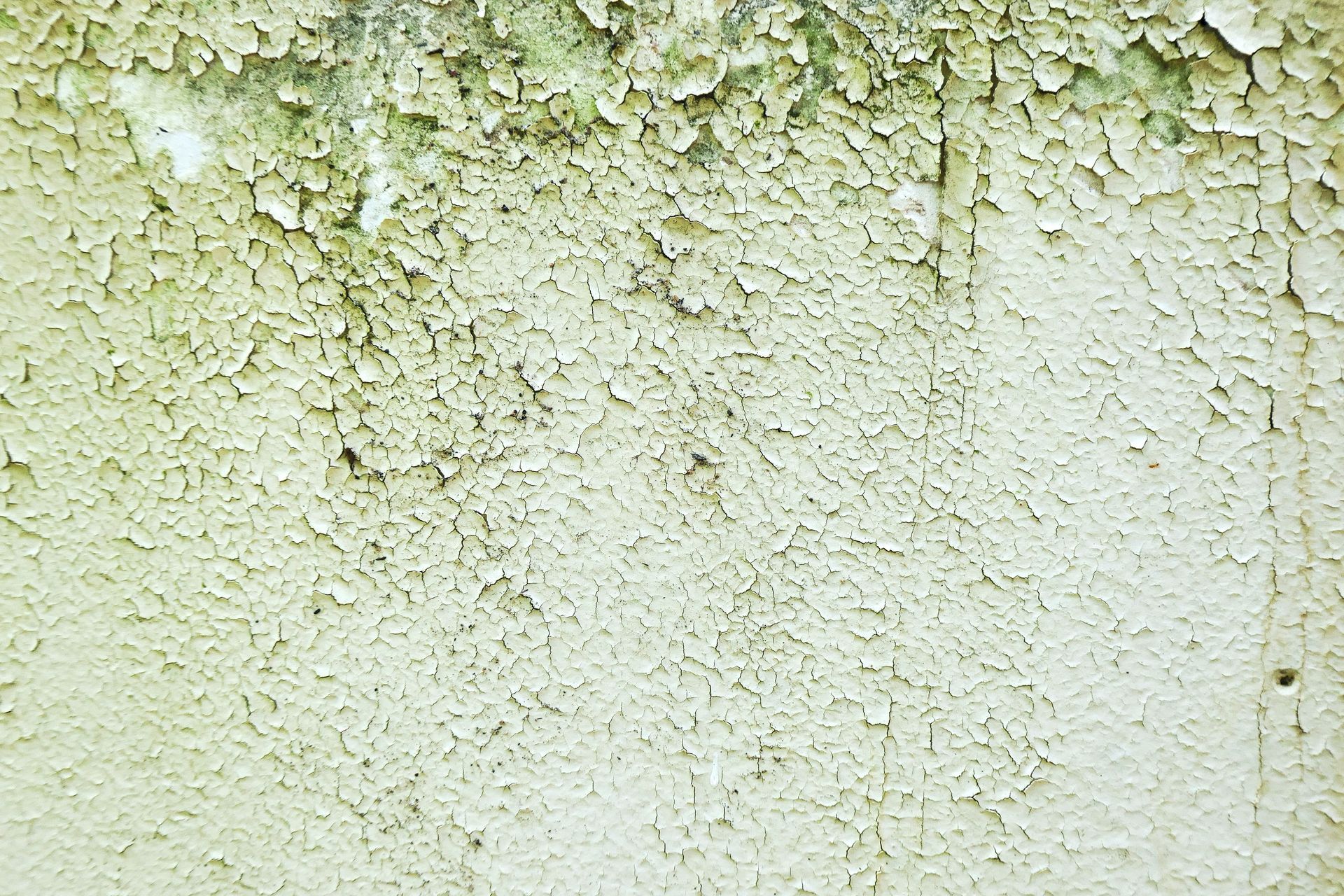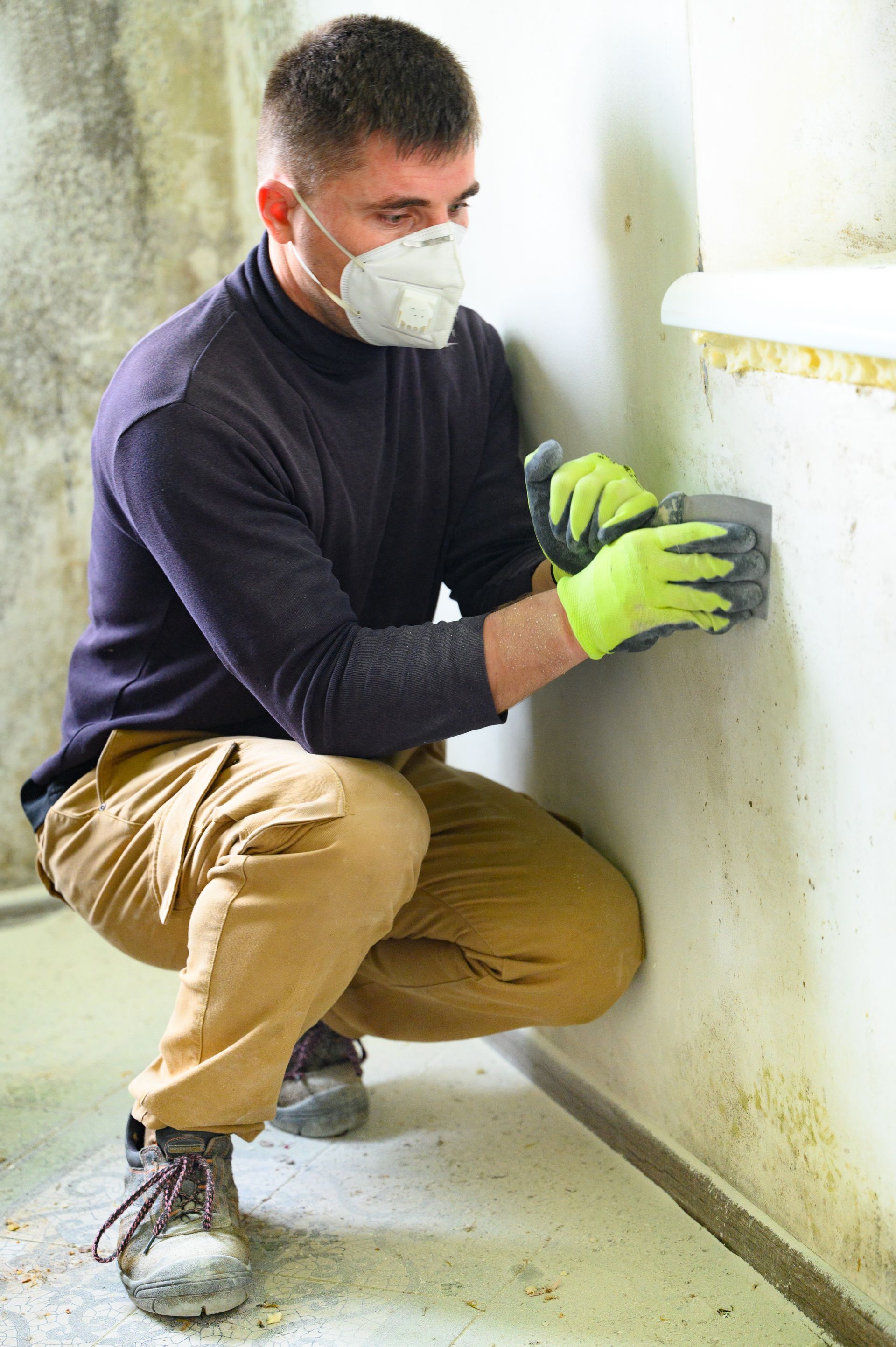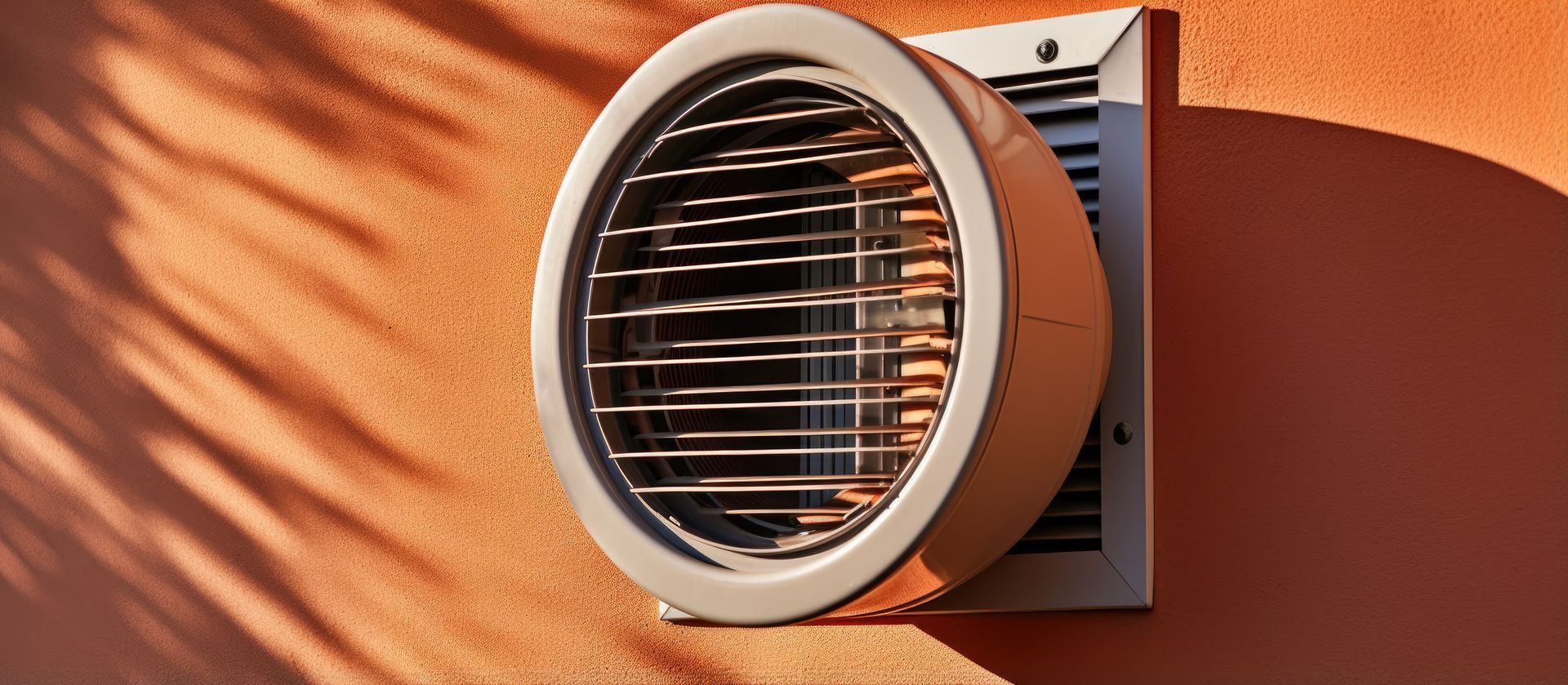J&S Air Quality Experts
Residential Water Testing Services: Know What’s in Your Tap Water
Have you ever poured yourself a glass of water, looked at it, and thought, “Looks clean enough…”? Well, here’s the thing—water can look crystal clear and still be hiding some not-so-welcome surprises. We're talking about heavy metals, bacteria, nitrates, chlorine, and even the occasional “mystery ingredient.” If you’ve ever noticed odd smells, weird tastes, or unexplained stains in your sink, it might be time to get serious about what’s flowing through your tap.
That’s where residential water testing services come in. Think of it as a full-body checkup for your home's water supply—no white coat needed. It’s the best way to get peace of mind, protect your family’s health, and ensure your water isn’t doing more harm than good.
In this blog post, we’ll dive deep into why residential water testing is essential, what contaminants might be in your water, how the process works, and what to do with the results. Spoiler alert: You’ll never look at a glass of tap water the same way again.
What Is Residential Water Testing and Why Should You Care?
Imagine trusting a stranger with your health every single day. That’s what we do when we drink untested tap water. Even if you’re connected to a municipal water system, contamination can still happen—between treatment plants, aging pipes, and environmental factors.
Residential water testing services give you a clear snapshot of your water quality at the point of use, not just the source. It's your personal water safety report card.
Why It Matters:
- Health protection: Many contaminants are invisible but dangerous—like lead, arsenic, or coliform bacteria.
- Home safety: Corrosive water can damage plumbing, water heaters, and appliances.
- Peace of mind: No more second-guessing if that chlorine smell is normal or worrisome.
You Especially Need Testing If:
- You use a private well.
- You’ve had recent flooding, plumbing work, or construction nearby.
- You’ve noticed strange tastes, smells, or discoloration in water.
- Someone in your home is
pregnant, elderly, or immune-compromised.
Whether you’re sipping water, cooking dinner, or brushing your teeth, testing ensures what you’re using is actually safe. Water you can trust? Now that’s refreshing.
Common Contaminants Found Through Residential Water Testing Services
You’d be surprised what’s swimming around in some homes’ tap water—and no, we’re not talking about fish. When we run a water test, here’s what we’re typically looking for:
The Usual (Unwanted) Suspects:
- Lead: A silent, toxic metal often found in older pipes or fixtures.
- Nitrates & Nitrites: Can seep into water through fertilizer runoff; especially dangerous for infants.
- Coliform Bacteria (including E. coli): Indicates contamination from sewage or animal waste.
- Hardness (Calcium & Magnesium): Not a health threat, but it’ll mess with your appliances and skin.
- Chlorine & Chloramines: Used in disinfection—too much can irritate your eyes, skin, and taste buds.
- Volatile Organic Compounds (VOCs): Chemical contaminants from industrial waste, pesticides, or cleaning products.
Other Testable Contaminants May Include:
- Arsenic
- Iron
- pH levels
- Copper
- Fluoride
- Manganese
- Sulfates
It’s a pretty scary list, but remember—knowledge is power. Once you know what’s there, you can take steps to deal with it. Kind of like realizing your fridge light doesn’t stay on when the door closes. Who knew?
How Residential Water Testing Services Work (and What to Expect)
So, how does water testing actually work? Do we just dunk a strip into your sink and read it like a pregnancy test? Not quite.
Step-by-Step Breakdown:
Initial Consultation:
- We’ll ask about your water source, any known issues, and what you’ve been experiencing (e.g., “It tastes like a swimming pool,” or “Why does my bathtub look like a science experiment?”).
Sample Collection:
- A certified technician will collect samples from your taps, often at multiple points in the home.
Lab Testing:
- Your water is tested in a professional lab to ensure accuracy. We test for a wide range of contaminants, tailored to your concerns.
Detailed Results:
- You’ll get a full report breaking down what’s in your water, in easy-to-understand language (no confusing chemistry jargon here).
Recommendations:
- Based on the results, we’ll recommend the best course of action—whether that’s installing a filter, upgrading your plumbing, or just doing a happy dance because your water’s squeaky clean.
Water testing is quick, affordable, and can give you a major boost in home confidence. Think of it like having a flashlight in the dark—it’s always better to see what you’re dealing with.
Health Risks of Unchecked Tap Water: It’s Not Just Hype
unfortunately, it’s not always that simple. Even small amounts of certain contaminants can build up in your body over time, leading to serious health concerns.
Some Contaminants and Their Health Effects:
- Lead: Developmental delays in children, kidney problems, and high blood pressure.
- Bacteria (e.g., E. coli): Gastrointestinal issues, cramps, nausea, and in severe cases, hospitalization.
- Nitrates: Dangerous for infants under six months—can cause “blue baby syndrome.”
- Arsenic: Linked to skin conditions, cancer, and cardiovascular disease.
- Copper: Can cause vomiting, diarrhea, and even liver/kidney damage in high doses.
Long-Term Exposure = Long-Term Risk
Even if you’re not feeling sick today, drinking contaminated water for years can take a toll. The best solution? Don’t play guessing games with your health—get tested and get clarity.
Benefits of Residential Water Testing Services (That Go Beyond Clean Drinking Water)
Believe it or not, water testing can improve your home life in more ways than just safer drinking. It’s like upgrading your Wi-Fi—suddenly everything runs smoother.
Here's What You Gain:
- Appliance Protection: Hard or acidic water can ruin dishwashers, washing machines, and water heaters.
- Better Skin and Hair: Reducing chemicals and hard minerals helps you feel fresher and less itchy.
- Spot-Free Dishes and Fixtures: No more white spots or scaly buildup.
- Longer Plumbing Lifespan: Less corrosion means fewer pipe repairs.
- Confidence When Cooking and Cleaning: You’re not boiling pasta in mystery juice anymore.
A few fun side effects:
You’ll probably drink more water (because it tastes better), you might become the neighborhood water snob, and your plants will thank you.
In short,
residential water testing services do more than make your water look better—they make your home life better.
Call J&S Air Quality Experts for Residential Water Testing in Palm Bay, FL
Don’t Wonder—Know What’s in Your Water
If you're tired of guessing whether your tap water is safe, it's time to get answers. At J&S Air Quality Experts, we offer trusted residential water testing services in Palm Bay, FL, and the surrounding areas. Our experienced technicians use state-of-the-art equipment to identify contaminants, explain your results clearly, and help you make informed decisions about treatment or improvements.
Our team doesn’t just test water—we also specialize in
mold testing,
post-fire smoke testing, and
air quality testing for residential and commercial properties. So if something smells off, tastes odd, or just doesn't sit right—call us at
(321) 557-3163. Let’s take the mystery out of your tap water and bring clarity (literally and figuratively) to your home.
FAQs
How often should I test my water at home?
We recommend testing annually, or more often if you notice changes in taste, color, or smell—or after events like flooding or plumbing updates.
Is residential water testing expensive?
Not at all. The cost is minimal compared to the potential health risks of untested water. Plus, we offer affordable packages tailored to your needs.
Can I test my water myself with a kit?
While DIY kits can provide some basic info, they aren’t nearly as accurate or comprehensive as professional testing. For peace of mind, go with the pros.
What happens if something dangerous is found?
We’ll walk you through your options, from filtration systems to plumbing upgrades. You won’t be left wondering what to do next.
Is well water more at risk than city water?
Generally, yes. Private wells aren’t regulated like municipal systems, so routine testing is essential for well users.

